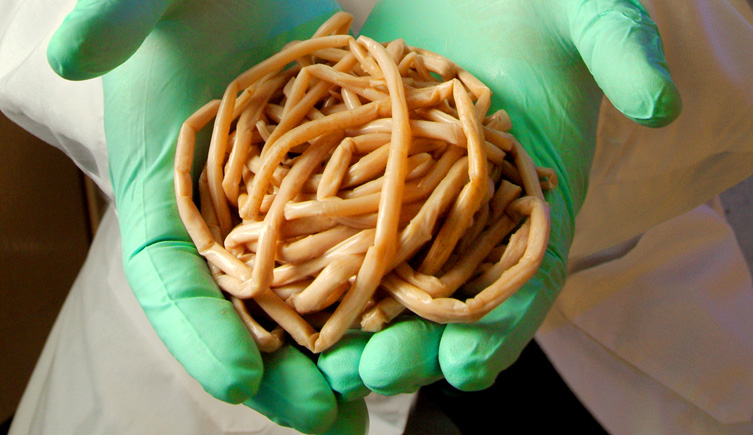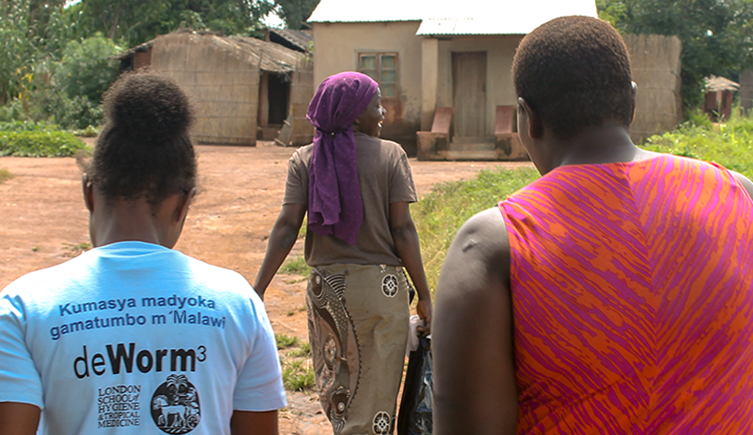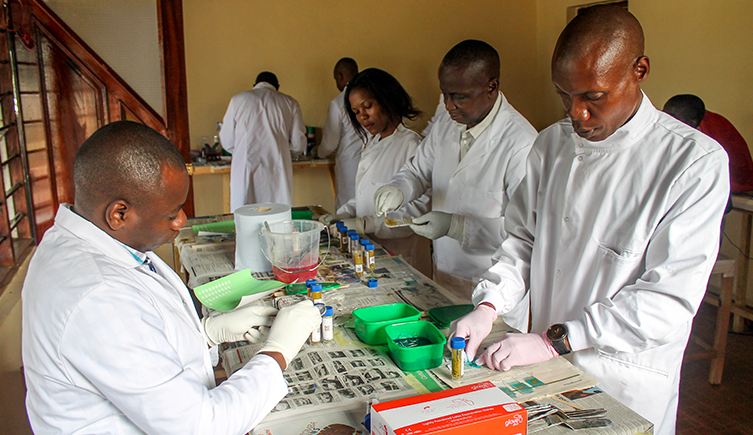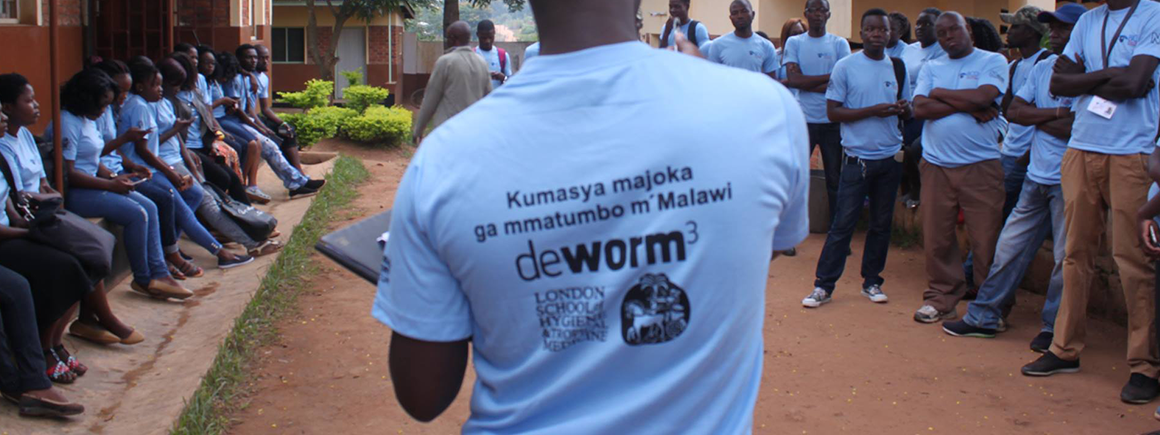DeWorm3
1.5 billion people worldwide are affected by intestinal parasitic worms (soil-transmitted helminths).
DeWorm3 is a large-scale, community cluster randomised trial which seeks to determine the feasibility of interrupting the transmission of STH in India, Malawi and Benin. Originally conceived as a 5 year Neglected Tropical Disease investment from the Bill and Melinda Gates Foundation, the programme has been managed from a central hub at the Natural History Museum since 2015 and supported by a vast array of international partnerships with governments, research institutes and global disease experts.
The DeWorm3 study approach was to expand the targeted population and frequency of mass drug administration (MDA) treatment for STH with albendazole. As of December 2020, all three DeWorm3 sites have successfully conducted their six rounds of MDA with consistently high coverage and compliance and a stalwart reputation with local communities. A monumental logistical feat distributing over 890,134 doses and collecting over 92,768 stool samples.
Before the outcome of the trial can be assessed, early epidemiological modelling from Imperial College London indicated the need for a two-year surveillance period during which no treatment should take place between the study rounds of MDA and testing for final prevalence. This natural break in the study facilitated the project being viewed in distinct phases, and the project was subsequently expanded into a series of grants. With the successful completion of the MDA phase being delivered by NHM, the project focus now shifts to our partners at University of Washington who are developing high-throughput molecular diagnostics to improve detection of STH. See more of their progress here.
As part of DeWorm3, NHM has championed sustainable development, international collaborations and capacity-building, and we are proud to contribute towards the global targets of eliminating STH as a public health problem in conjunction with the WHO NTD road map 2021-2030.

3 WORMS
DeWorm3 research focusses on roundworm, whipworm and hookworm. Find out more here.

3 COUNTRIES
DeWorm3 is conducting trials in Benin, Malawi and India. Find out who is involved here.

3 OBJECTIVES
DeWorm3 is working towards three objectives over the trial period. Find out more about each objective here.



